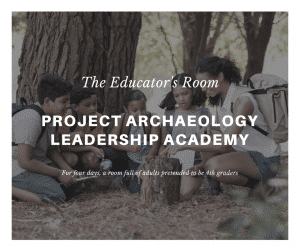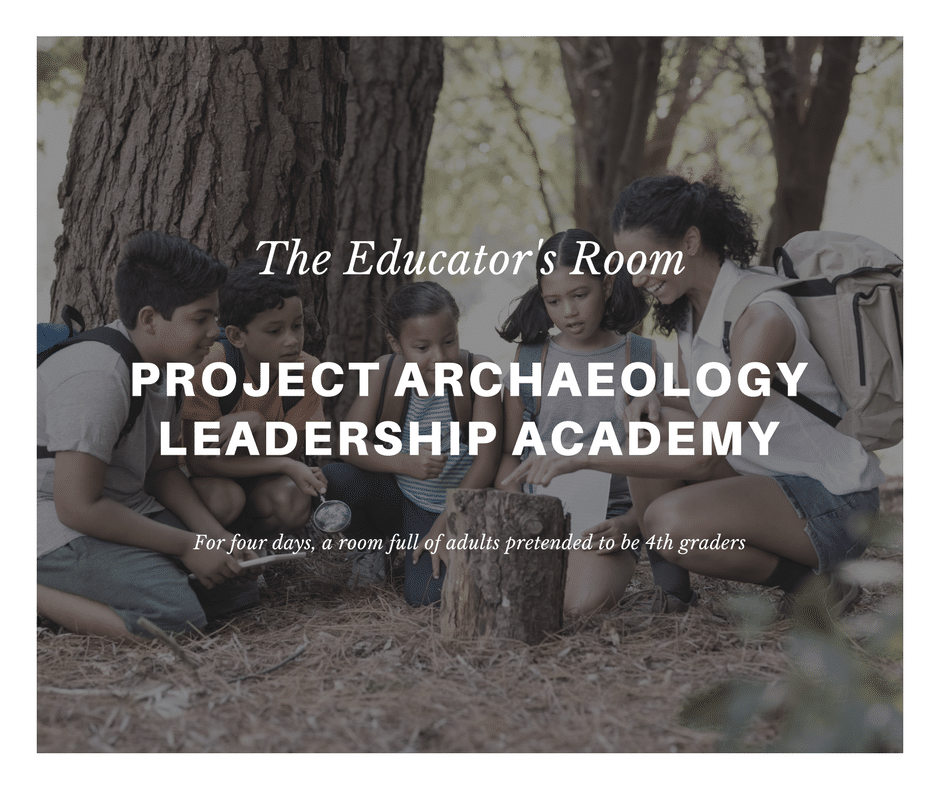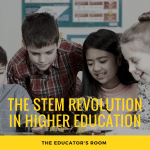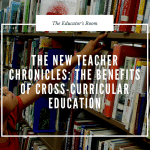Summer is not only a time for reading and gardening. It’s a time for professional development. This week, I have been attending a program called Project Archaeology Leadership Academy (PALA). Project Archaeology is a national educational organization that is run in partnership with the Bureau of Land Management (BLM) and Montana State University. Educators, museum professionals, and archaeologists from all over the country came together to take this training. While pretending to be 4th graders, we looked at the lessons and materials which are or will soon aligned to Common Core State Standards.
During this training, we talked about learning in formal and informal settings, and had many adventures. These adventures led us to the Museum of the Rockies and Madison Buffalo Jump State Park. We also traveled to a Shotgun House in Kentucky in our readings. And of course, we had daily homework. Each field trip had assignments or readings before and after we visited the site. This helped put us all in field-trip mode. It also helped me think, how could I use this field trip in my own classroom? If I can’t take my class to the Museum of the Rockies, what are some things I can do instead?
For four days, a room full of adults pretended to be 4th graders. We did the worksheets, learned the activities, and played the games. This gave us the full experience. It also allowed us to mentally put the program in our hometowns. We were able to think of the things that would or wouldn’t work in our hometowns, and talk to other educators about how we could change things.
[bctt tweet=”For four days, a room full of adults pretended to be 4th graders” username=”EducatorsRoom”]
This training had a specific goal, to create master teachers. The graduates can now teach other educators how to use the resources that Project Archaeology provides. We can also use it ourselves. Project Archaeology offers a wide variety of lessons, which focus on archaeological sites all over America. Although we pretended to be 4th graders, the lessons can be easily changed to work for middle and high school classes. The programs use writing, critical thinking, math, the sciences, and reading to help make history come alive in an interactive way.
I have always loved interdisciplinary studies-my educational background is varied. It offers a way to show students that yes, these different subjects all relate. By using science and history together, students can get an even better idea about what happened in the past. Adding other disciplines can help round out that picture even more. In English, I love to be able to share the history that influenced a specific novel or short story. These lessons did just that.
This program uses STEM (science, technology, engineering, and math) and the arts, and reminded me of the importance of collaboration. I could justify using it in an English classroom after checking in with other departments. It talks about many different parts of academic work, and I loved the way it fit everything together. Not only should I work with the other teachers in my building, but there are many wonderful groups, who are all happy to work with me to give my students the best education possible.
Another thing that I found very interesting were our discussions on how to best tell people what archaeologists do. No one wants to crush the dreams of a six-year-old who is going through her dinosaur phase. At the same time, since archaeologists do not dig up dinosaur bones and the lessons are dinosaur-free, what are we to do? We talked about the best way to explain to our students exactly what they should expect. Until you’re three, you can confuse archaeology and paleontology. When you’re three, you get credit just for being able to use those words in a sentence. After that, I will hold those four-year-olds to a higher standard.
There is always so much to learn at a conference or a training event. Now I want to change my plans to include one of these lessons. I’m excited to share what I learned with the other teachers in my district. Looking back, I suppose this is the definition of professional development. I am leaving my training tomorrow fired up and excited about all the possibilities that are ahead of me and my students next year. A fun and interactive archaeological-based curriculum that has ties to four other different subjects? This is going to be so much fun! Thank goodness I have the rest of the summer to prepare for it.







Thanks for your wonderful post, Bailey. It was great to have you here in Bozeman for the Project Archaeology Leadership Academy in June. Welcome to Project Archaeology and we look forward to working with you! Jeanne Moe, BLM Project Archaeology Lead